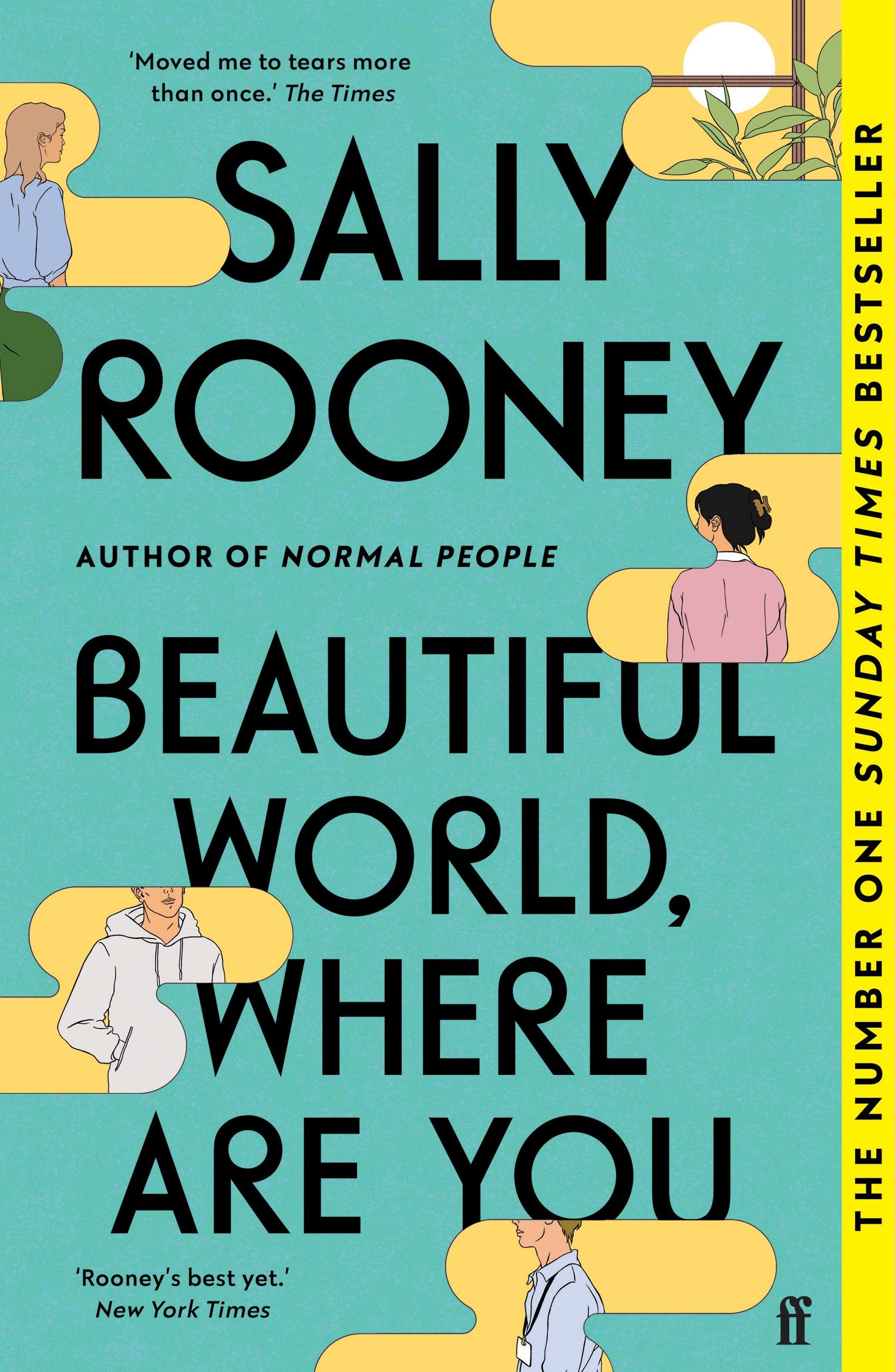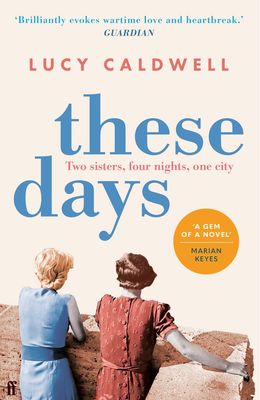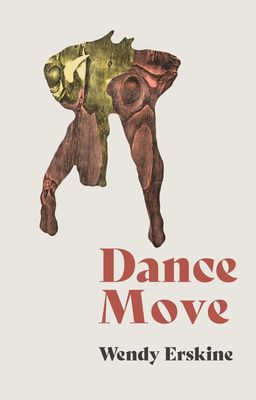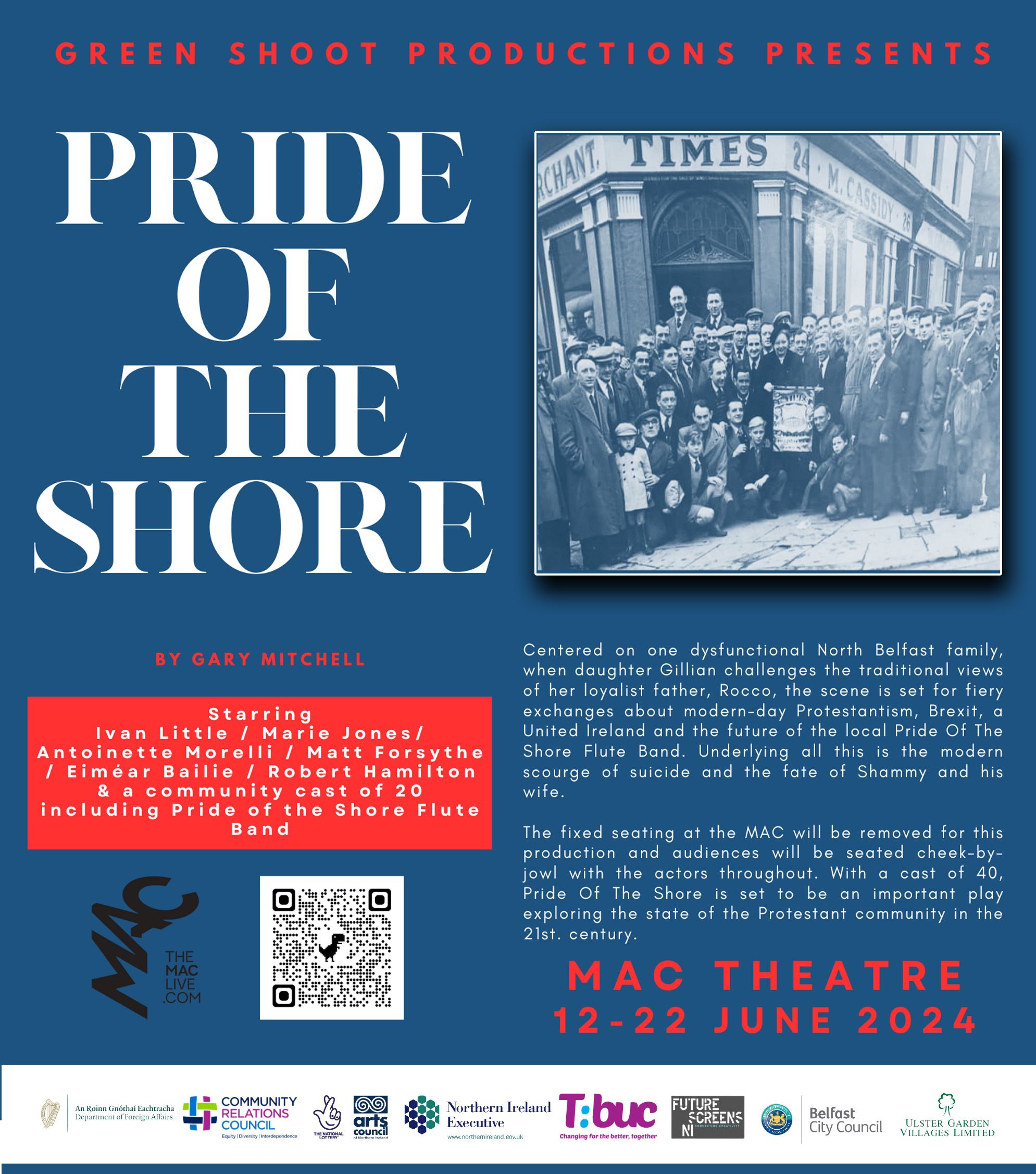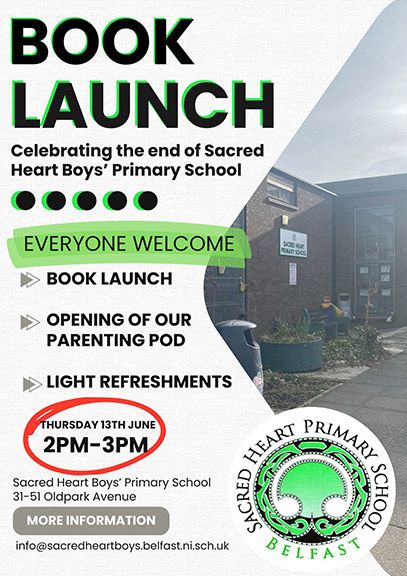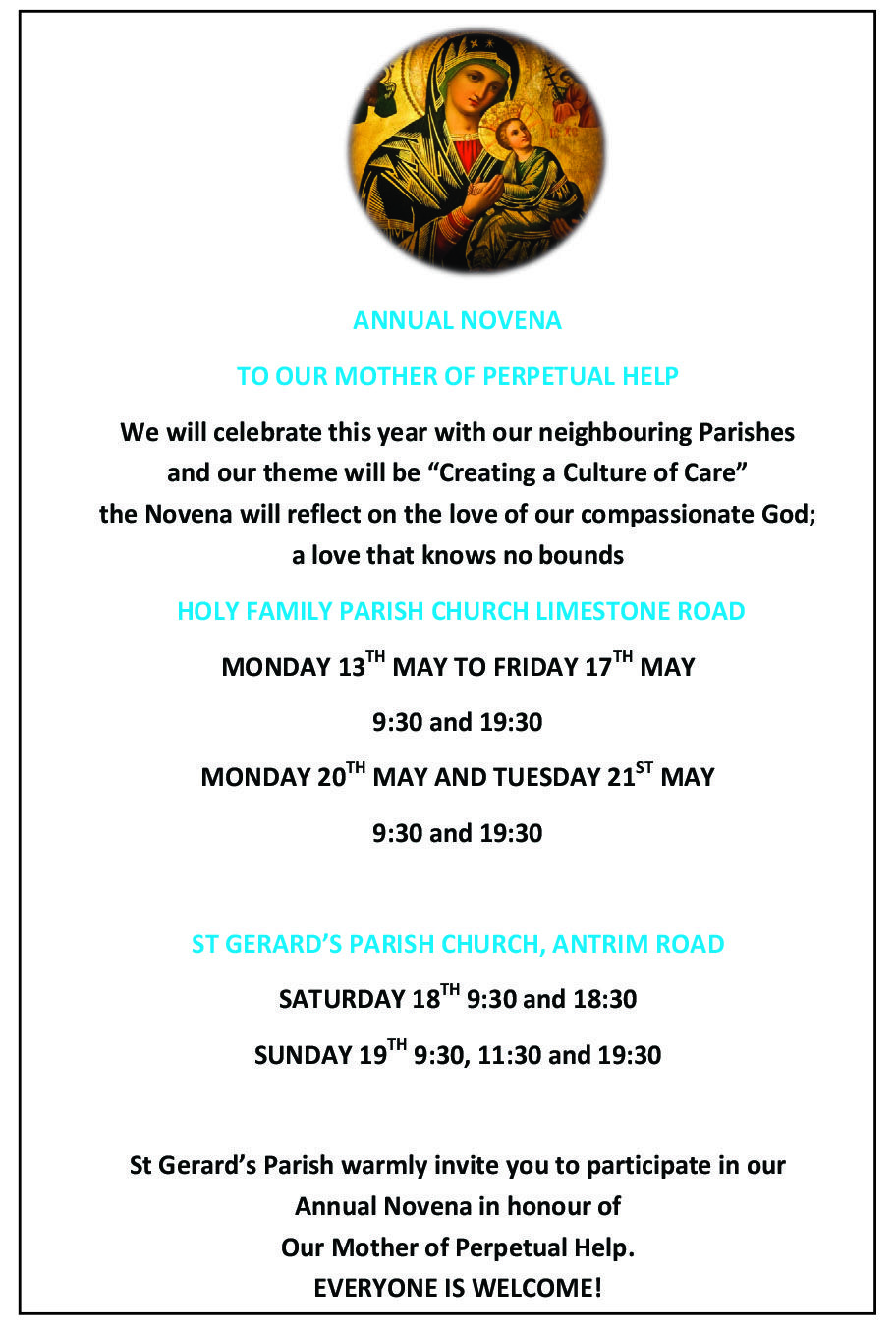SALLY Rooney, you’ve made an intruder of me. Now, please allow me to justify my hyperbole, as there is no higher praise that I can give the Irish novelist’s acclaimed 'Beautiful World, Where Are You.'
Published in 2021, Rooney’s third and most recent novel makes us, the readership, comprehensively privy to the complex innermost impulses, beliefs and hang-ups of four individuals who, despite their distinct vocations and socioeconomic circumstances, are tethered. Together, they advance towards and begin their 30s, whilst contending with modern civilisation teetering on the edge of oblivion. It is the beginning of the end.

Rooney’s prose is so bold and naturalistic in its depiction of their ever-evolving sexual and platonic relationships with one another that one almost feels one is intruding upon the four characters’ lives. We witness how they alternate between the circumnavigation and confrontation of love and friendship, as well as current affairs. While climate change, and meteoric socio-political and technological upheaval ensure the destruction of the world as we know it, concerns about interpersonal connection appear paltry.
The nature of their intimate lives and intellectual-ideological leanings are continually moulded by the contemporary cultural zeitgeist. Consequently, the young characters mull over a melange of situations and theories, from struggling to pay rent in cosmopolitan Dublin due to the housing crisis, post-breakup heartbreak and hook-ups, to dissecting both Christianity and conservatism, along with debating “general systems collapse” after researching the fall of Late Bronze Age civilisation.
Chapters in the form of lengthy emails between the main female characters provide an effective epistolary sounding-board for such meditations on modern society and the widespread disillusionment it breeds. The long-time friends, Alice, an accomplished writer living along the Mayo coastline following a breakdown, and Eileen, the underpaid editorial assistant of a literary magazine in Dublin, compose emails that weave opinions on the “biological clock” and their sex lives, alongside fervent discussion of fossil fuels, mass-produced plastic waste, “back-breaking” labour, and mass refugee deaths by drowning.
In these intellectual exchanges, the pair juxtapose the turmoil of the modern world with romanticised bygone eras, pondering whether “the old ways of life […] represent something more substantial, more connected to the essence of the human condition.”
Sally Rooney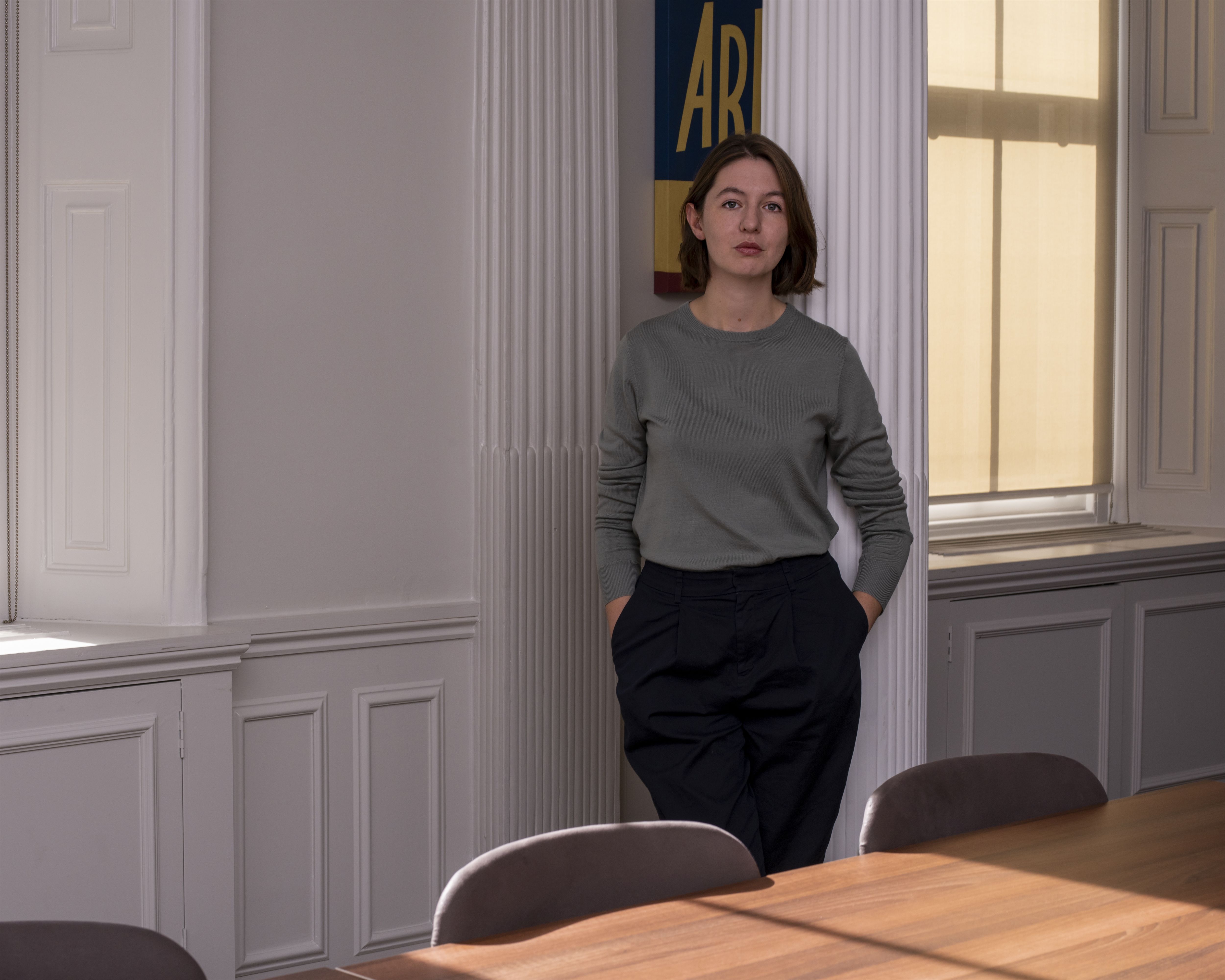
When reading the novel, it is worth taking notice of Rooney’s characteristically Marxist lens through which she critiques the publicity inherent in literary stardom. Coming off the back of two successful novels, much like Rooney herself with her best-selling and now adapted-for-television novels, 'Conversations with Friends' and 'Normal People', Alice recognises her immense privilege, but also loathes having to sacrifice her privacy on the altar of commodification and subsequent profit.
In this era she deems aesthetically bankrupt, revulsion extends to the contemporary “Euro-American” novel that “relies for its structural integrity on suppressing the lived realities” of “poverty and misery in which millions of people are forced to live” in favour of marketable stories related to sex and friendship.
However, Eileen’s argument is this: “When we should have been reorganising the distribution of the world’s resources and transitioning collectively to a sustainable economic model, we were worrying about sex and friendship instead. Because we loved each other too much […]. And I love that about humanity, and in fact it’s the very reason I root for us to survive – because we are so stupid about each other.”
Whether it's Eileen’s “will-they/won’t-they” relationship with Simon, a man she has loved since childhood, or Alice’s puzzling, spontaneous relationship with Felix, whom she meets via Tinder and visits Rome with, and the camaraderie cultivated by the four together, Rooney celebrates the messy yet unshakeable human capacity for forging meaning through loving attachments.
Beautiful World, Where Are You won both the 2022 Dalkey Literary Awards and the 2021 An Post Irish Novel of the Year awards – accolades which are rightfully merited. Following the pandemic, a period of universal isolation, Rooney’s novel continues to resonate with readers, reminding us of the necessity of fostering affection and connection in this criss-crossing network otherwise known as humanity. In a world on the verge of collapse, perhaps this is the most beautiful thing we can do.
'Beautiful World, Where Are You' by Sally Rooney is published by Faber & Faber (RRP £7.49).

